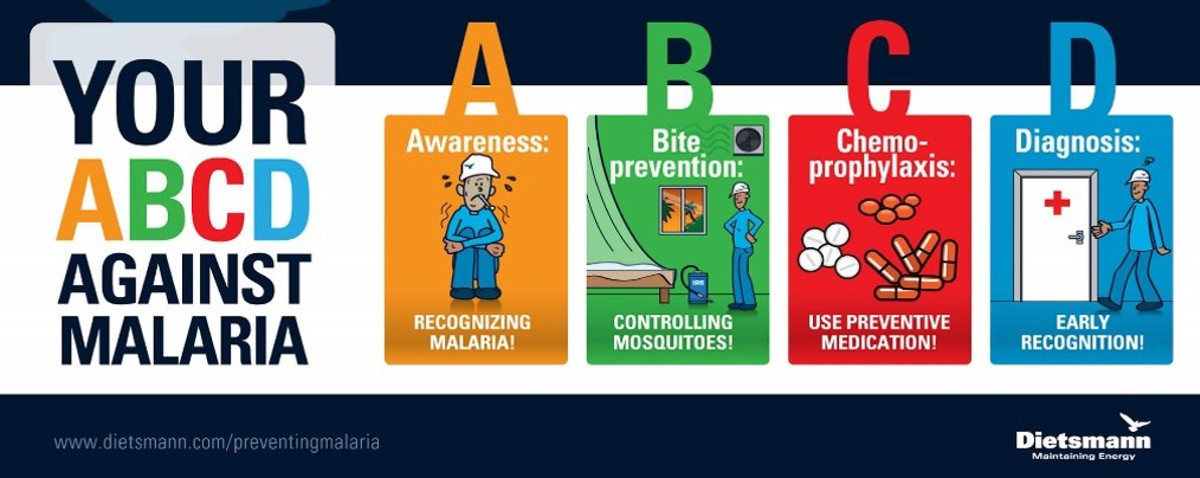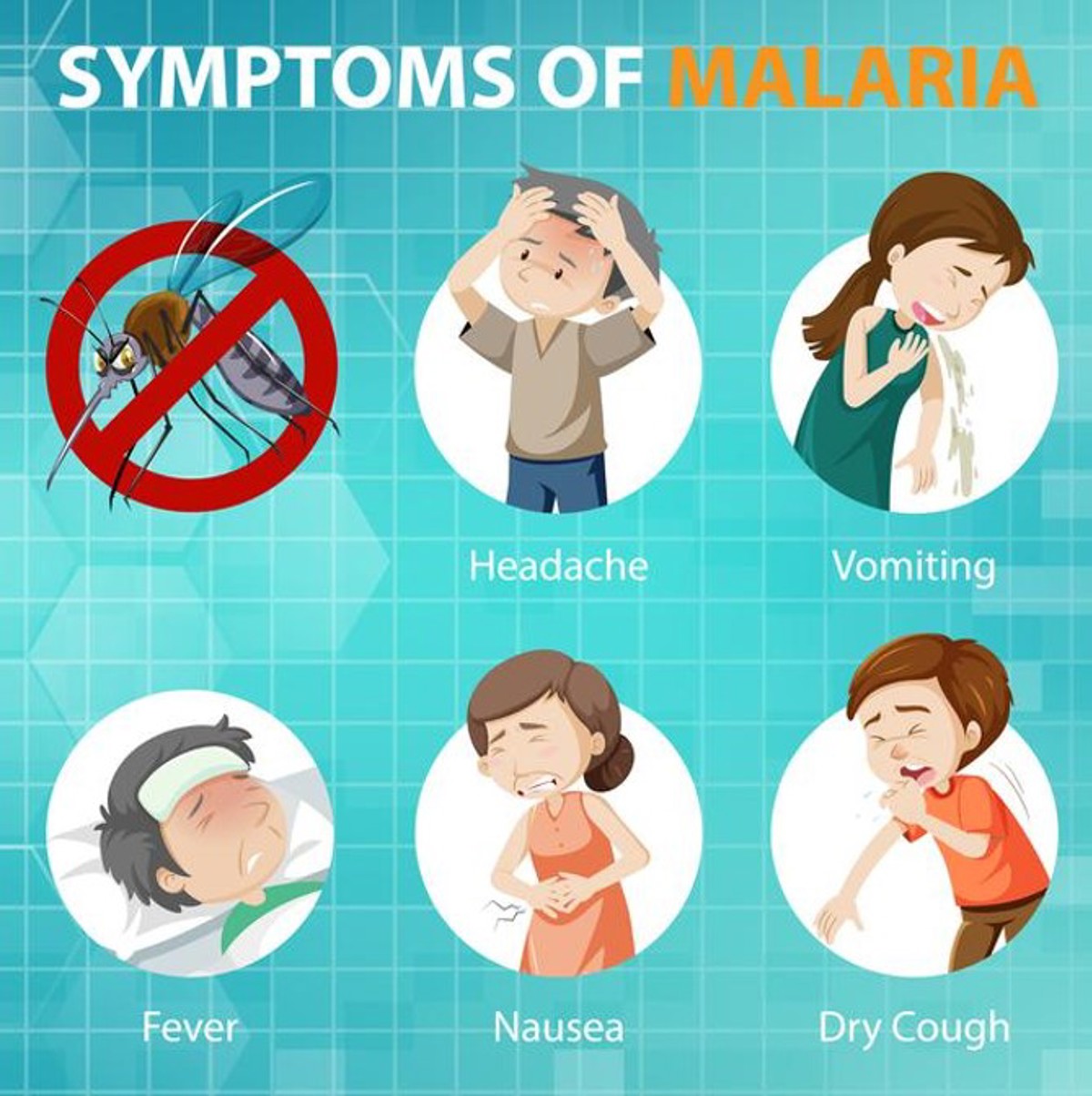Malaria hasn’t gone away
- Safety Flash
- Published on 27 April 2021
- Generated on 28 February 2026
- IMCA SF 12/21
- 2 minute read
Jump to:
A Member reports that in February 2021 one of their personnel had been admitted to the Intensive Care Unit of their local hospital, with confirmed malaria.
What happened?
The individual had recently travelled back from work in a malaria-risk country, had developed flu-like symptoms and had assumed this may be due to COVID-19. Following two negative COVID-19 tests and onset of confusion, the individual was admitted to hospital. (IMCA italics)
This flash highlights the symptoms of malaria and the process which should be implemented by persons working in a malaria-risk country.
Key facts about malaria
Malaria is a life-threatening disease caused by parasites that are transmitted to people through the bites of infected female Anopheles mosquitoes.
- The mosquitoes which spread malaria are most likely to bite at dusk or at dawn.
- The main symptoms of malaria are:
- fever
- headache
- chills
- multi-organ failure (if treatment not received quickly).
The initial symptoms of malaria are similar to those of flu or of COVID-19 – if you experience these after having been in a malaria-risk country you should first assume that it may be malaria
Preventing malaria infection
Prevention is better than cure. Take the following measures to avoid being bitten:
- Wear long-sleeved and long-leg clothing to keep skin covered.
- Use an appropriately effective mosquito repellent.
- Sleep under a mosquito net, where provided.
- Take anti-malaria medication (chemoprophylaxis) to reduce the effects if you are bitten.
- This is not 100% effective, so anyone displaying symptoms whilst taking the medication should still seek medical advice.
Diagnosis and treatment
Early diagnosis and treatment reduce disease and prevent death.
Being aware of symptoms and ensuring family & friends are also aware of these may help reduce delay in diagnosis.
If you experience flu-like symptoms after being to a malaria-risk country, contact your doctor urgently and advise them that you should be checked for malaria so that you can receive treatment quickly
Malaria: Know the symptoms and get checked immediately if you display them.

IMCA Safety Flashes summarise key safety matters and incidents, allowing lessons to be more easily learnt for the benefit of the entire offshore industry.
The effectiveness of the IMCA Safety Flash system depends on the industry sharing information and so avoiding repeat incidents. Incidents are classified according to IOGP's Life Saving Rules.
All information is anonymised or sanitised, as appropriate, and warnings for graphic content included where possible.
IMCA makes every effort to ensure both the accuracy and reliability of the information shared, but is not be liable for any guidance and/or recommendation and/or statement herein contained.
The information contained in this document does not fulfil or replace any individual's or Member's legal, regulatory or other duties or obligations in respect of their operations. Individuals and Members remain solely responsible for the safe, lawful and proper conduct of their operations.
Share your safety incidents with IMCA online. Sign-up to receive Safety Flashes straight to your email.
